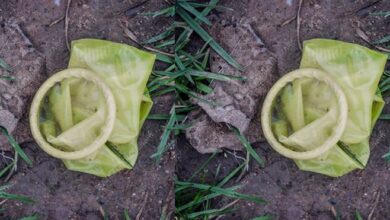Zim’s natural resources, markets divide UK in finding post-election crisis solution

THE desire to rein in Zimbabwe’s faltering democracy coupled with the need to access its natural resources recently prompted a debate on the best way possible to pin down the African nation in the wake of disputed polls held last month.
President Emmerson Mnangagwa was announced the winner with 52,6% ahead of main contender Nelson Chamisa of Citizens Coalition for Change (CCC) who polled 44% of the vote.
The polls were roundly condemned by local and foreign observer missions for falling short of electoral standards.
Chamisa immediately rejected the entire process describing it as “gigantic fraud” deliberately tilted towards propping up Mnangagwa to victory.
Even the historically cautious SADC Electoral Observation Mission (SEOM) couldn’t ignore the flouting of regulations and SADC principles.
In retaliation, President Emmerson Mnangagwa dismissed the backlash describing it as a ploy by Western countries working in cahoots with locals and regional players to interfere with the country’s affairs.
But a recent House of Commons debate laid bare the UK’s predicament on how best to maintain the balance between disciplining Zimbabwe and accessing it’s natural endowments.
This was after Baroness Kate Hoey took the State, Foreign, Commonwealth and Development Officer Minister Lord Ahmad to task on how Zimbabwe’s post elections crisis could be best dealt with.
“The UK shares the view expressed in international election observation mission preliminary statements that the pre-election period and Election Day fell short of regional and international standards.
“We are also concerned about the lack of transparency surrounding the compiling of results by the Zimbabwe Electoral Commission and the severe disruption of domestic observation,” said Hoey.
However, in his submission Lord Howell of Guildford begged to differ, urging the House of Commons to approach the matter cautiously.
“My Lords, I am sure that the Government’s present concerns and those of the noble Baroness, Lady Hoey, are quite correct, but will the Minister accept that Zimbabwe is a vast country of potentially great wealth?
“Will he accept that, in the longer term, we will need its markets, its raw materials, and its support in keeping the Russians and Chinese from dominating the whole of Africa?
“Despite the present difficulties—and remembering that Zimbabwe was once a member of the Commonwealth and could be again, although clearly not now—will the Minister accept that these things should be kept in the back of our minds?”
-NewZimbabwe








